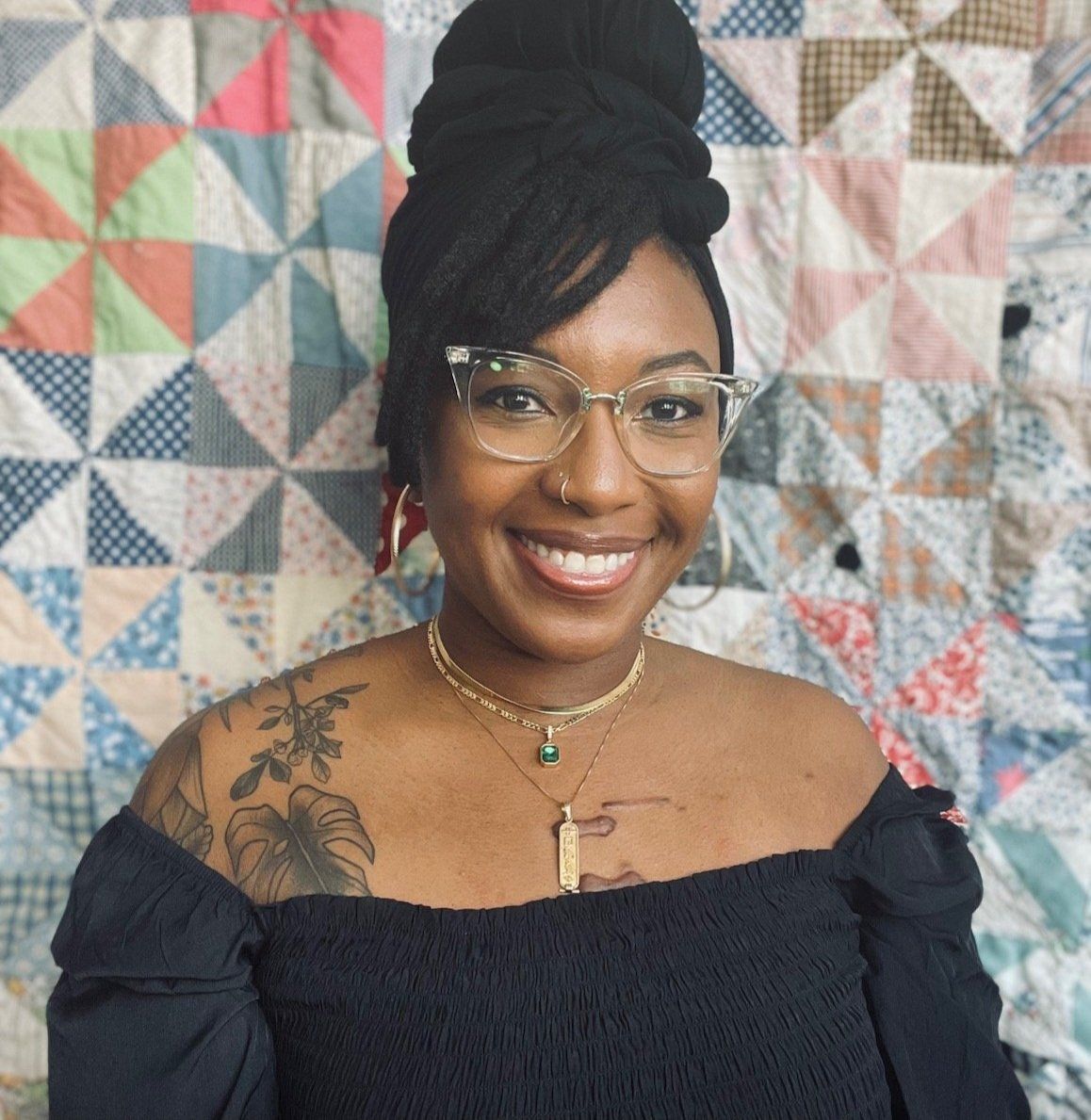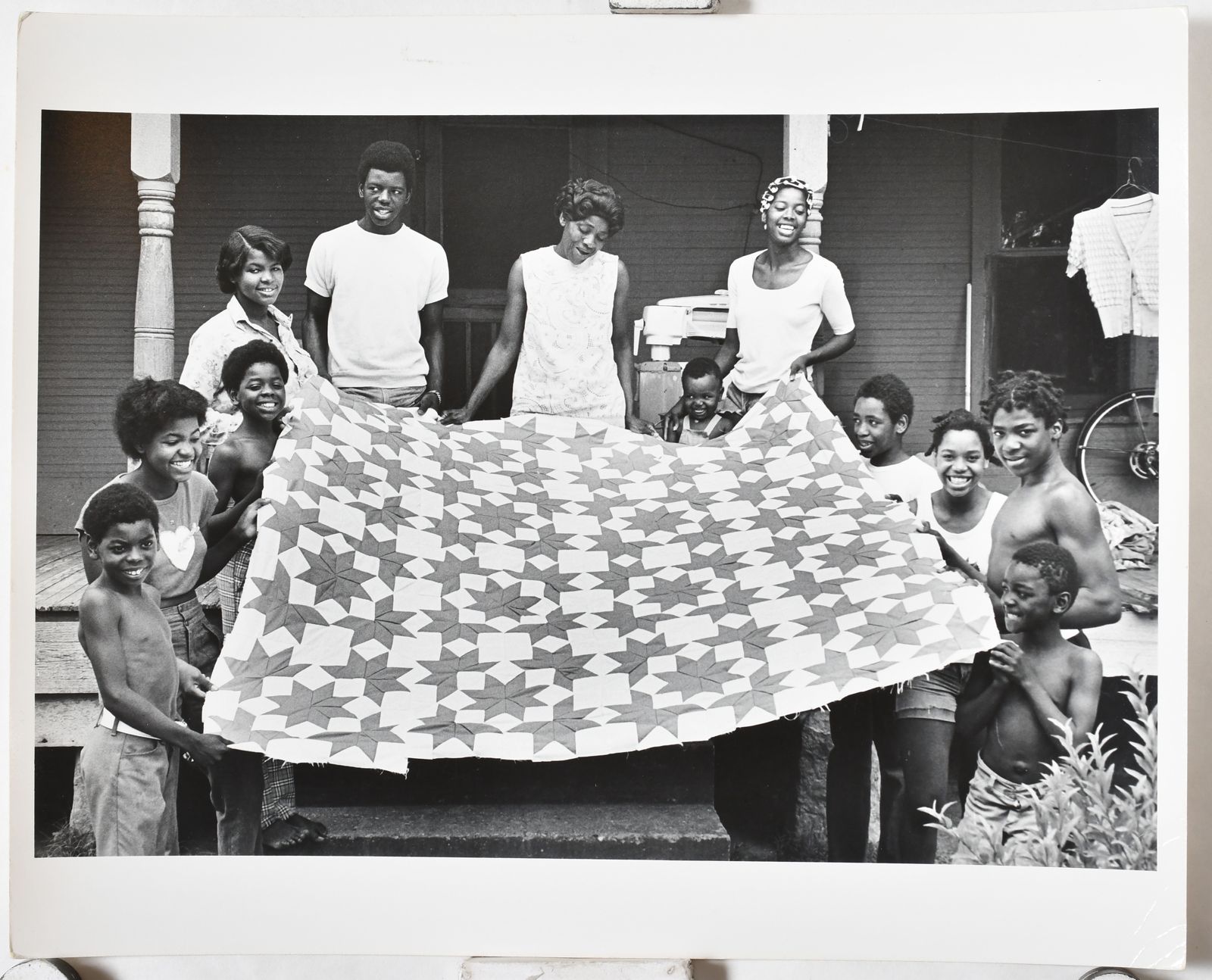The Luce Foundation’s American Art Program is widely recognized for supporting major exhibitions across the country. However, many are unaware that most of our grantmaking funds innovative museum projects that foreground permanent collections as key features in museum programming and relationship-building with local and regional audiences. Art museums are increasingly presenting and positioning collections in ways that resonate with the American Art Program’s central mission: to elevate underrepresented voices and communities, and spark dialogues that celebrate creativity, explore difference, and forge common ground.
The character of this work is shaped by the content of collections, most of which have grown over decades in ways that mirror the priorities and tastes of a series of individuals and decisions largely detached from the museum’s most immediate audiences. There is always an opportunity to broaden the perspectives of museum visitors by foregrounding art to which they otherwise might not have access. More museums are coming to understand how meaningful it can be to build and present collections that feature the creative work and cultural wisdom of regional artists and communities that have rarely been seen within their walls.
One exciting example of this work is a Luce-supported project at the Mississippi Museum of Art (MMA). That project will culminate in the exhibition, Of Salt and Spirit, a nationally touring presentation based in MMA’s recently and significantly expanded Southern quilt holdings. MMA began to build a quilt collection in early 2007 with the purchase of a group of about 80 works from the local “Cultural Crossroads Collection” and continued in 2013 with the acquisition of a group of quilts by Gwendolyn Magee (whose work had been showcased at MMA in 2004).
The collection more than doubled in 2022 with a transformative gift from the Koehler Foundation: over 130 quilts by Black women across the South collected by the eminent Southern folklorist and documentary photographer Roland Freeman (1936-2023). For several decades beginning in the 1970s, Freeman traveled across the country to record the lives, communities, and culture of Black Americans, producing illustrated volumes including Folkroots: Images of Mississippi Black Folklife, 1974-1976 (1977) and Something to Keep You Warm (1979), the first book on African American quilts. His second book on the subject, A Communion of the Spirits: African American Quilters, Preservers, and Their Stories, pioneered an approach to the subject that centered the idea that quilts have “the power to create a virtual web of connections.”
MMA’s director, Betsy Bradley, regards the gift as a major step forward.
“The Mississippi Museum of Art is deeply honored that Freeman and the Kohler Foundation chose it to be the repository of his quilt collection. The MMA has had a decades-long and deep relationship with Freeman and admires his keen aesthetic sensibility as well as his credibility as a folklorist in our region,” said Ms. Bradley.
Freeman, whose interactions with the MMA included an exhibition of the collection in 1996, had worked extensively in the region: he co-directed the Smithsonian’s Mississippi Folklike Project in the 70s–and most notably in Port Gibson, where in 1980 he had helped local quilters incorporate the organization Mississippi Cultural Crossroads to promote and sell their work.
Now, the museum has chosen Dr. Sharbreon Plummer, a textile scholar and artist, and creative strategist, to lead the exhibition project.

In my conversation with Plummer, she expressed how deeply she has been inspired by Freeman and his approach to quilt practices and histories, explaining that she similarly seeks to link the quilts to the lives of their makers whose stories have gone unrecognized.
“This exhibition is a love letter to Black quilters and the centuries of tradition they’ve birthed throughout the South. It is my hope that viewers leave the show with a renewed understanding of how quilting is a foundational practice within our community and region,” said Dr. Plummer.
Plummer views the project as a powerful opportunity to re-theorize these women and their creative work in a way that centers their deeply intentional building and transmittal of knowledge, skills, self-expression, kinship, and care.
Plummer plans to include Freeman’s photographic portraits of the makers in Of Salt and Spirit, as well as the archival materials he meticulously collected—including transcriptions of interviews and process-related ephemera—bringing alive the complexity of the work as well as the communal histories of quilt-making networks. Plummer’s larger practice, which has included the public humanities series The People’s Quilting Bee, explores and supports the intersection of textile-based making, with healing, abolitionism, and social change across history.
For its part, the MMA team is supporting the development and presentation of Of Salt and Spirit with their well-established practice of community co-curation. The Museum’s Front Porch Conversations are convenings of West and South Jackson community leaders and residents in which MMA staff co-develop the interpretive engagement model for the exhibition and deepen the community’s investment in the project and the museum.
For more on the MMA’s community dialogues, check out this recent virtual conversation.
Of Salt and Spirit, featuring 150 quilts from the MMA collection – created by 30 makers across seven states – opens in November 2024.

Sign up for updates
Explore Themes and Ideas































































